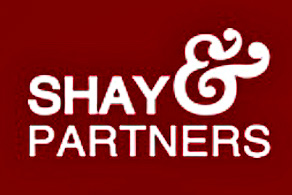
- Artist : Mr. Chau-yih Yu
On December 9 2008 the National Communications Commission (NCC) proposed an amendment to Article 13 of the Regulations Governing the Telecommunications Universal Service. The amendment is intended to facilitate the use of universal service funds and to empower the regulator to choose the remote villages in need of broadband network infrastructure under the universal service regime. According to statistics issued by the Council of Indigenous Peoples, a body under the Executive Yuan, around 130 remote villages still lack broadband network infrastructure.
The primary contents of the amendment include the following:
• The NCC may announce the specific villages requiring universal data services by May 1 in the implementation year.
• The incumbent operator and other Type I telecommunications operators should adopt the universal service plan for the next year and submit the plan to the NCC for review.
• Regarding implementation of the 2009 universal service plan, the NCC may announce the specific villages requiring universal data services before June 1 2009.
After the completion of the Broadband Access to Every Village project at the end of 2007 (for further details please see “NCC Completes Broadband Project in Remote Villages Ahead of Time”) and the construction of three telecommunications companies of
broadband network infrastructure in 50 mountain villages (for details please see “Three Companies Appointed to Provide Universal Data Services”) in December 2008, the NCC continues to seek to address the digital divide by expanding the scope of universal service and by indirectly coercing the incumbent telecommunications provider to comply with the policy.
The incumbent, Chunghwa Telecom – the largest telecommunications company and the universal service provider – argues that the NCC’s actions in continuously broadening the scope of the universal service and arbitrarily appointing service providers are beyond its prescribed power and are not provided for by law. Chunghwa Telecom believes that unreasonable regulatory compliance matters and nontransparent procedures will create setbacks in offering the universal service. In particular, Chunghwa Telecom is concerned about the divulgence of business secrets to the Universal Service Funds Administration, in which all qualified telecommunications providers may be invited to participate, as confidential business data and cost analyses may be leaked when reviewing the overall cost of the universal service. Chunghwa Telecom believes that the main purpose of universal service has become blurred and it is now a means for the government to publicize its achievements in addressing the digital divide.

